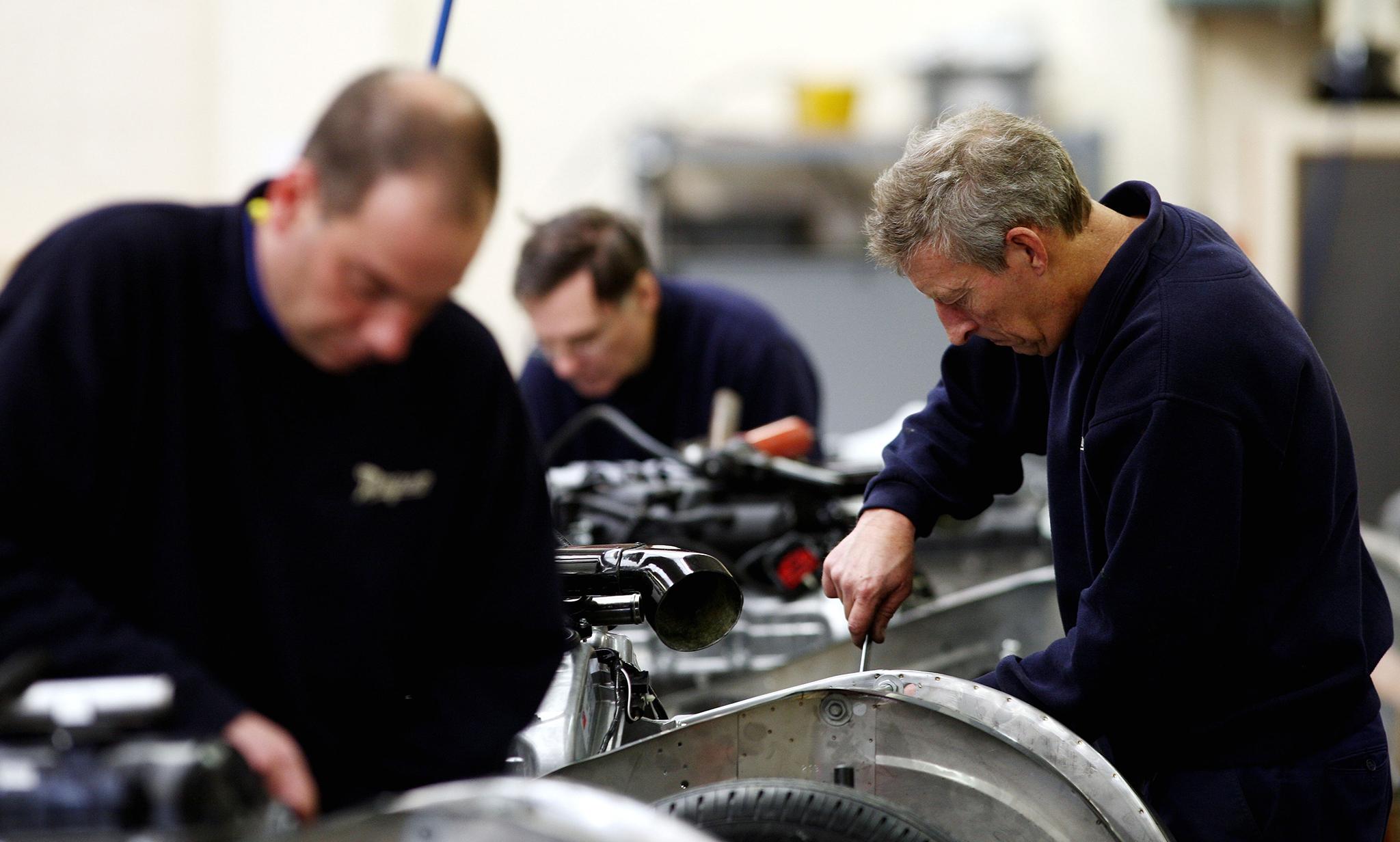Commission on Economic Justice delivers clear roadmap for change Britain wants but Government is failing to deliver
At its core is the creation of a fairer, and thus a stronger, economy

“The problems that made people vote that way, people who felt treated like they were disposable, they were there before the (EU) referendum they are still there and they are getting worse.”
This is what TUC general secretary Frances O’Grady said to me on the subject of what you might call left behind Leave voters in a conversation we had prior to the organisation’s 150th congress.
She’s right. And despite Theresa May’s warm words on the Downing Street steps about “creating a country that works for everyone” – they have been regularly repeated since then – there has been precious little in the way of meaningful action towards that end.
Brexiteers have made it fashionable to loudly bemoan the status quo, and the past which led to it, without putting forward much in the way of useful alternatives. Former Bank of England governor Lord Mervyn King became just the latest in a long and sorry line to have a go at that this morning, launching a volley at the Government's "incompetent" handling of the process. Your Lordship, with respect, Brexit is a stupid idea being enacted on the fly by people who had no realistic plan for how to achieve it when they set forth. What did you expect?
O’Grady, by contrast, has been part of an effort to put forward solutions to Britain’s problems rather than simply highlighting the glaringly obvious, through her membership of the Commission on Economic Justice, set up by the Institute for Public Policy Research.
Its membership also includes academics, former senior civil servants, the Archbishop of Canterbury Justin Welby, and significantly, business leaders and entrepreneurs.
In its final report, published today, it argues that the UK is in need of the sort of radical reform enacted twice before: The Atlee Government’s Keynesian reforms, and the Thatcher Government’s free market reforms.
It calls, among other things, for a policy of re-industrialisation, greater worker involvement in business and a wider spread of ownership, greater state involvement with the economy, a fairer taxation system, tax reform including the creation of a rising single rate of income tax applied as incomes grow, and an increase in corporation tax to 24 per cent.
Significantly, it recognises the “importance of taxation in contributing to prosperity”.
Of course, critics will, say, it has been put together under the auspices of a lefty think tank. No wonder they’re saying things like that.
That’s cheap. The likes of Dominic Barton, global managing partner of McKinsey, the management consultant, Charlie Cornish, the CEO of Manchester Airport, John Mills, the founder and chairman of consumer products company John Mills Ltd, and Dame Helena Morrissey, the head of personal investing at Legal & General, are no Corbynistas. Far from it.
They recognise the need for reform because it is in their interests as much as anyone's. A fairer economy is a stronger economy, from which they will benefit. It also ought to deliver a more stable society. Exactly what Britain doesn’t have at the moment.
To that end, they have produced a serious document that merits serious consideration.
It does not opine on the biggest political issue of the day – Brexit. But it does seek to address the issues, as O’Grady identified in her discussion with me, that led many to vote for it: disenchantment with the status quo and a feeling among many people that they have been left behind.
It offers a road map out of an economy that serves only a limited number of people, and even them not well.
That the Commission’s report is necessary in part highlights the extent of May’s failure to follow through with the promises made on the Downing Street steps. She had some good ideas herself; putting workers on boards, making an effort to curb excessive board room pay, dealing with the worst effects of the gig economy.
But they have all been either heavily water down, kicked into the Whitehall long grass, or simply dropped.
What we are left with is more of the same while the Brexit ultras, as much as they have a plan, argue for the UK becoming like a foggy Singapore, with fewer protections and rights for working people, tax cuts for the wealthy who don’t need them, and the continuation of the laissez faire approach that has led us down the road to nowhere we are currently on.
The Prime Minister and her party often talk about the dangers of ignoring the desires of Leave voters. But that doesn’t feel like the change they voted for. If it so, who’s really playing with fire?
Join our commenting forum
Join thought-provoking conversations, follow other Independent readers and see their replies
Comments
Bookmark popover
Removed from bookmarks